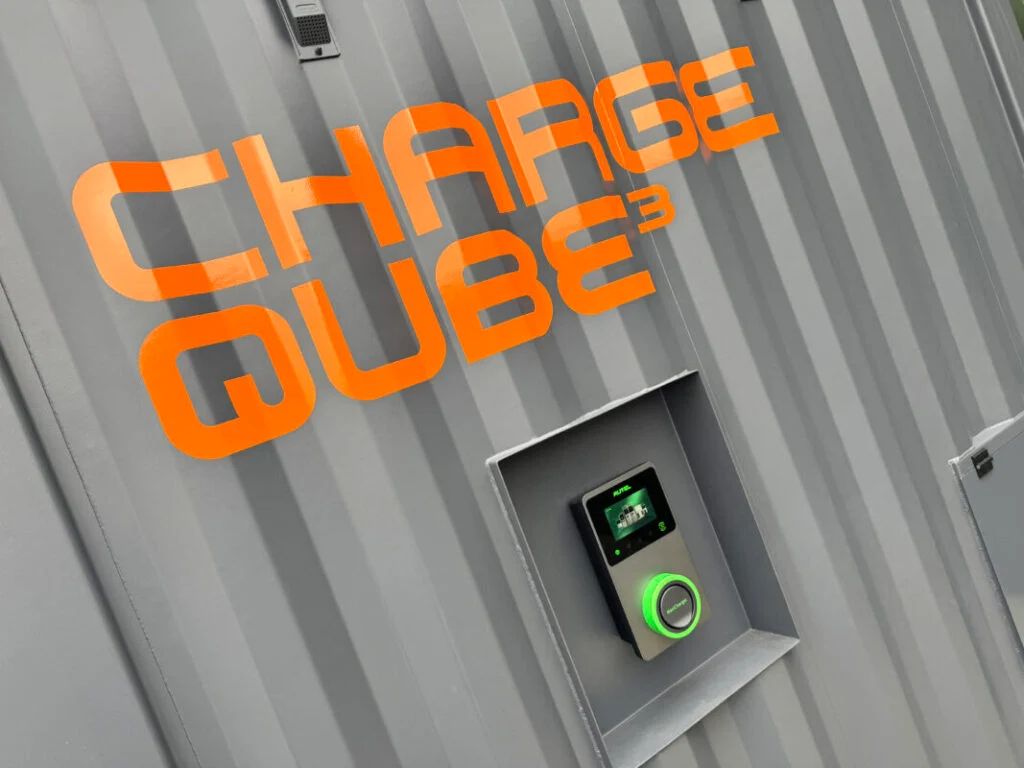EV technology and systems manufacturer Fellten has announced a new strategic partnership with retrofit emissions specialist Cybrand on a new EV charging technology.
Under the partnership, the two firms will work together to develop the Charge Qube, a new EV charging system designed to bring fast EV charging and energy storage to both urban and remote environments. The Charge Qube uses second-life EV batteries and is able to store excess energy from the grid when needed and supply Type-2 AC and CCS fast charging. The two companies state that their mission is to lower vehicle emissions in Clean Air and Low Emission Zones across the UK, including in Fellten’s home city of Bristol.
Chris Hazell, CEO at Fellten, expressed his enthusiasm for the new partnership, stating that it lets the firm “offer a future-ready solution—one that turns clean energy from a challenge into a competitive advantage.”
Making use of second life EV batteries and more flexible EV charging
Earlier this month, second life battery energy storage system (BESS) firm Evyon announced that it will provide batteries for EV charging infrastructure provider Elywhere as part of a merger between the two companies.
Meanwhile, Volvo Energy has also been working on battery-powered EV charging with the launch of the PU500, a portable BESS designed to bring EV charging to remote areas or those with limited grid capacity. The unit has a battery capacity of 450-540kWh and features an integrated 240kW DC fast charger. This allows it to charge a heavy-duty truck in around an hour and a half, and when fully charged, it can charge up to three electric heavy-duty trucks or 20 electric cars daily.
Meanwhile, EV charging infrastructure developer TUAL has also been working to use BESS technologies to expand the reach of the EV charging network. TUAL’s PowerUp chargers use BESS technology to deliver high-speed 200kW DC charging on an 11kW supply, even if said supply was previously only sufficient for trickle AC charging. In order to expand the rollout of EV charging tech across the UK, TUAL recently announced a strategic focus on the 8,000 automotive retailers facing critical grid constraints in the UK.






